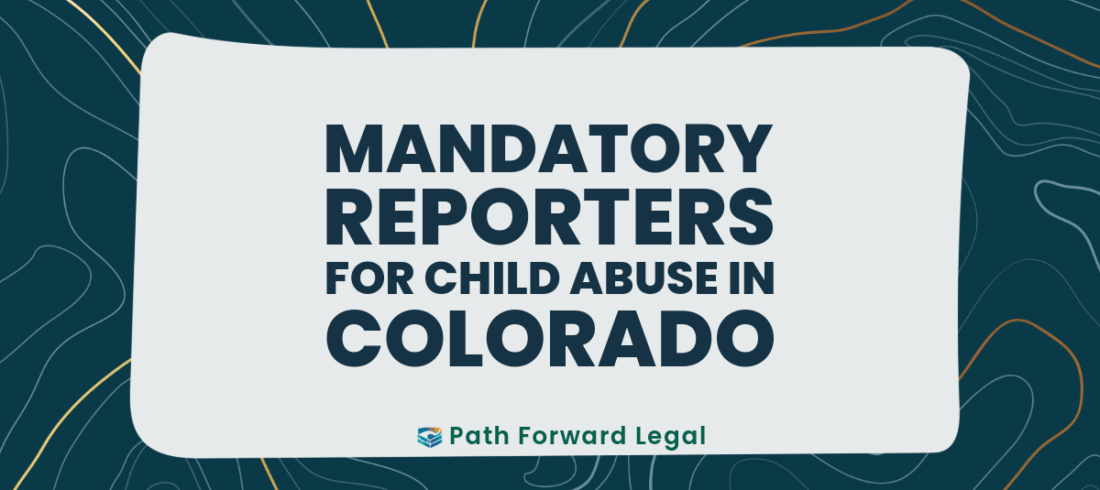In a recent legislative move, Colorado’s General Assembly passed House Bill 24-1135, an important piece of legislation aimed at tightening regulations for commercial vehicle operators and ensuring stricter employer accountability. As the bill heads to Governor Polis for his signature, here’s what Coloradans need to know about the changes that could soon impact drivers and businesses across the state.
What’s New with Commercial Driver’s Licenses?
Under the new bill, any violation of rules related to commercial driver’s licenses (CDL) will be considered a Class 1 misdemeanor traffic offense. Before, a violation was only a Class A traffic offense.
However, there’s a bit of leniency offered: if a violator can present a valid CDL within 30 days of the offense or at their first court appearance, the charge is reduced to a Class A traffic infraction. This change underscores the importance of maintaining a valid license and encourages compliance among commercial drivers.
Employer Responsibilities for CDLs
The bill also puts more responsibility on employers. It is now a Class 1 misdemeanor traffic offense for an employer, officer, or agent to knowingly allow an employee to operate a commercial motor vehicle without meeting the necessary qualifications.
This provision aims to ensure that all commercial vehicles on the road are operated by qualified and legally compliant drivers, enhancing road safety for everyone. It also keeps employers on the hook for knowingly hiring someone to drive who doesn’t have a CDL.
Failed Changes to DUI Laws
An older version of the bill sought to create a new DUI law punishing drivers for refusing a blood test even though police got a warrant for the test.
The proposed change also sought to increase the time that a person convicted of a DUI had to have an interlock installed.
In a compromise amendment to save the bill, the new DUI changes were removed and replaced with new studies that may inform additional law changes.
Focused Studies on Driving Offenses
The legislation mandates the formation of committees to study various pressing issues related to driving offenses:
- Impaired Driving: A committee will explore enforcement issues around impaired driving, especially in situations where a driver refuses required blood or breath tests.
- Careless Driving Resulting in Death: Another committee will look into incidents of careless driving that lead to fatalities to determine if current penalties and charges are sufficient.
- Insurance Compliance: There will also be a focus on the compliance of maintaining necessary insurance for motor vehicles and low-powered scooters, looking to possibly adjust penalties for failures.
Looking Ahead
The bill is effective immediately upon the governor’s signature, with specific provisions set to start on August 1, 2024.
We’ll be watching the results of these committees, especially since the results may affect our clients in the future.



